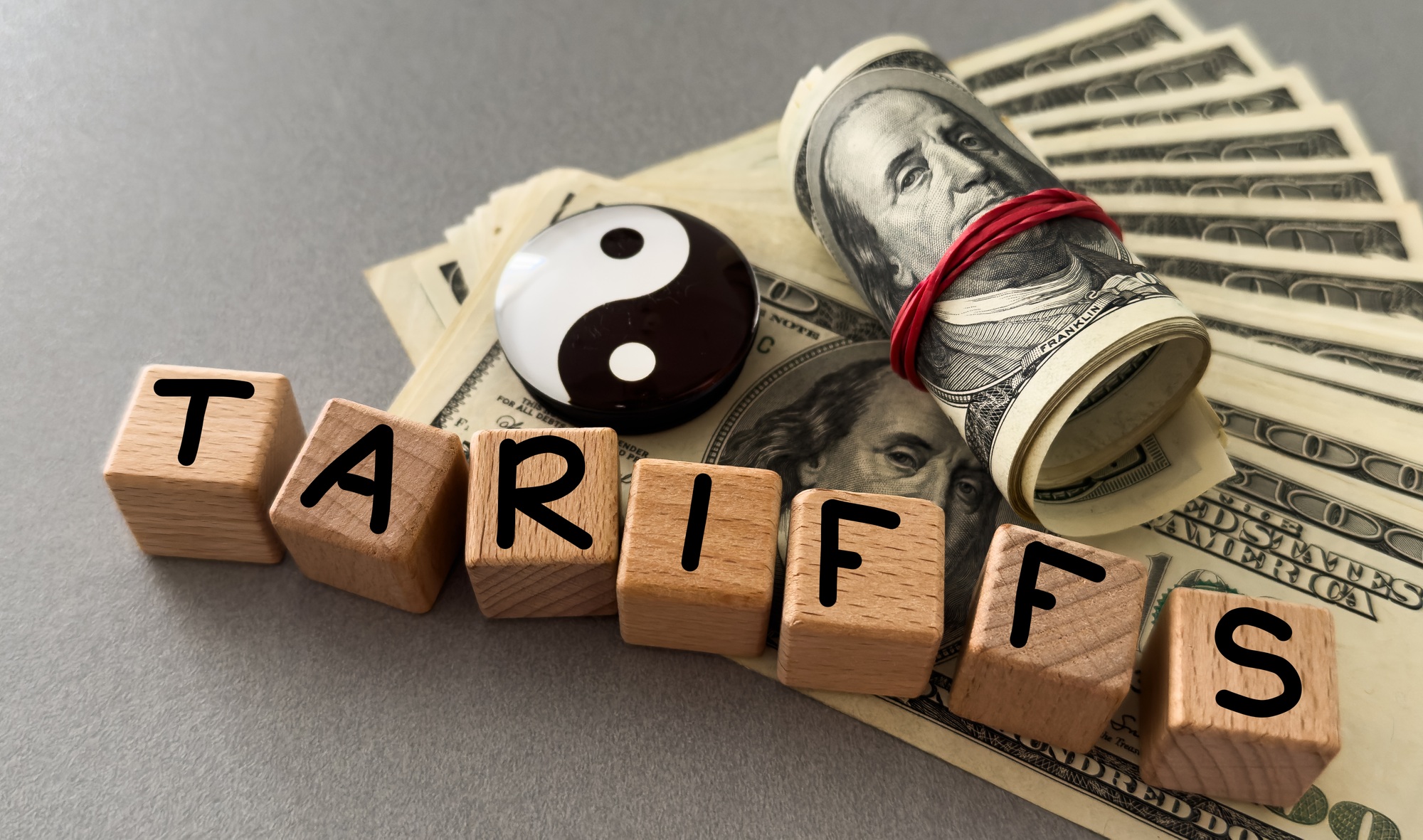President Donald Trump’s latest salvo in the ongoing trade war has sent ripples through global markets, with Apple Inc. and European Union (EU) trade relations squarely in the crosshairs. On Friday, Trump threatened to impose a 25% tariff on Apple products not manufactured in the United States and warned of additional duties on EU imports. These announcements have reignited investor fears and introduced fresh volatility into the markets.
Apple Under Pressure
Apple, a cornerstone of the U.S. technology sector, finds itself in a precarious position. The company’s reliance on a global supply chain, particularly its manufacturing operations in China, makes it vulnerable to the proposed tariffs.Following Trump’s announcement, Apple’s stock experienced a notable decline, reflecting investor apprehension about potential cost increases and supply chain disruptions.
The tech giant has previously navigated trade tensions by diversifying its manufacturing base and negotiating exemptions.However, the specificity of Trump’s threat—targeting products not made domestically—limits Apple’s flexibility and could compel the company to reassess its production strategies.
EU Trade Relations Strained
Beyond Apple, Trump’s rhetoric extended to the European Union, with threats of new tariffs if the EU does not reduce its own trade barriers. This escalation threatens to unravel delicate negotiations and could lead to a tit-for-tat trade dispute reminiscent of earlier confrontations. European leaders have expressed concern over the potential economic fallout and the undermining of transatlantic trade relations.
Market Reactions
The financial markets responded swiftly to the renewed trade tensions. Major indices, including the Dow Jones Industrial Average and the S&P 500, experienced declines as investors grappled with the implications of a potential trade war escalation. Sectors heavily reliant on international trade, such as technology and manufacturing, were particularly affected.
Analysts warn that prolonged uncertainty could dampen business investment and consumer confidence, potentially slowing economic growth. The prospect of retaliatory measures from the EU adds another layer of complexity, with global supply chains and multinational corporations caught in the crossfire.
Looking Ahead
As the situation unfolds, stakeholders across industries are closely monitoring developments. Companies like Apple may need to expedite contingency plans to mitigate potential disruptions. Meanwhile, policymakers face the challenge of balancing domestic economic interests with the benefits of international trade cooperation.
The coming weeks will be critical in determining whether diplomatic efforts can de-escalate tensions or if the global economy must brace for a renewed trade conflict. Investors and businesses alike are urged to stay informed and prepared for a range of outcomes.








